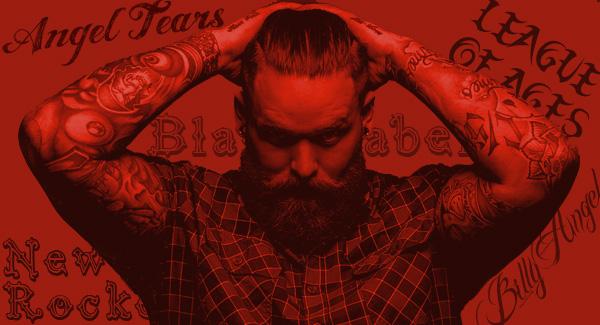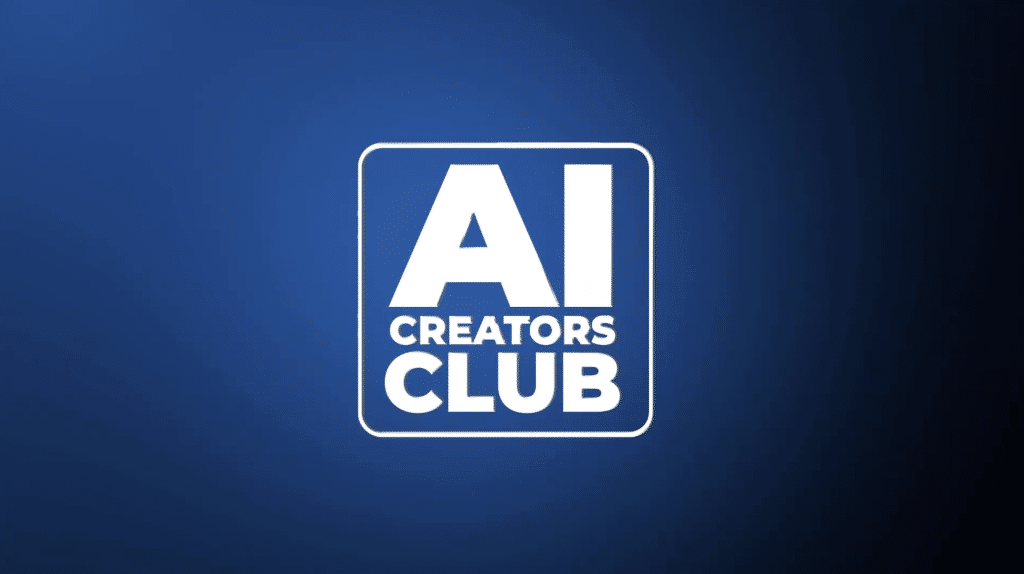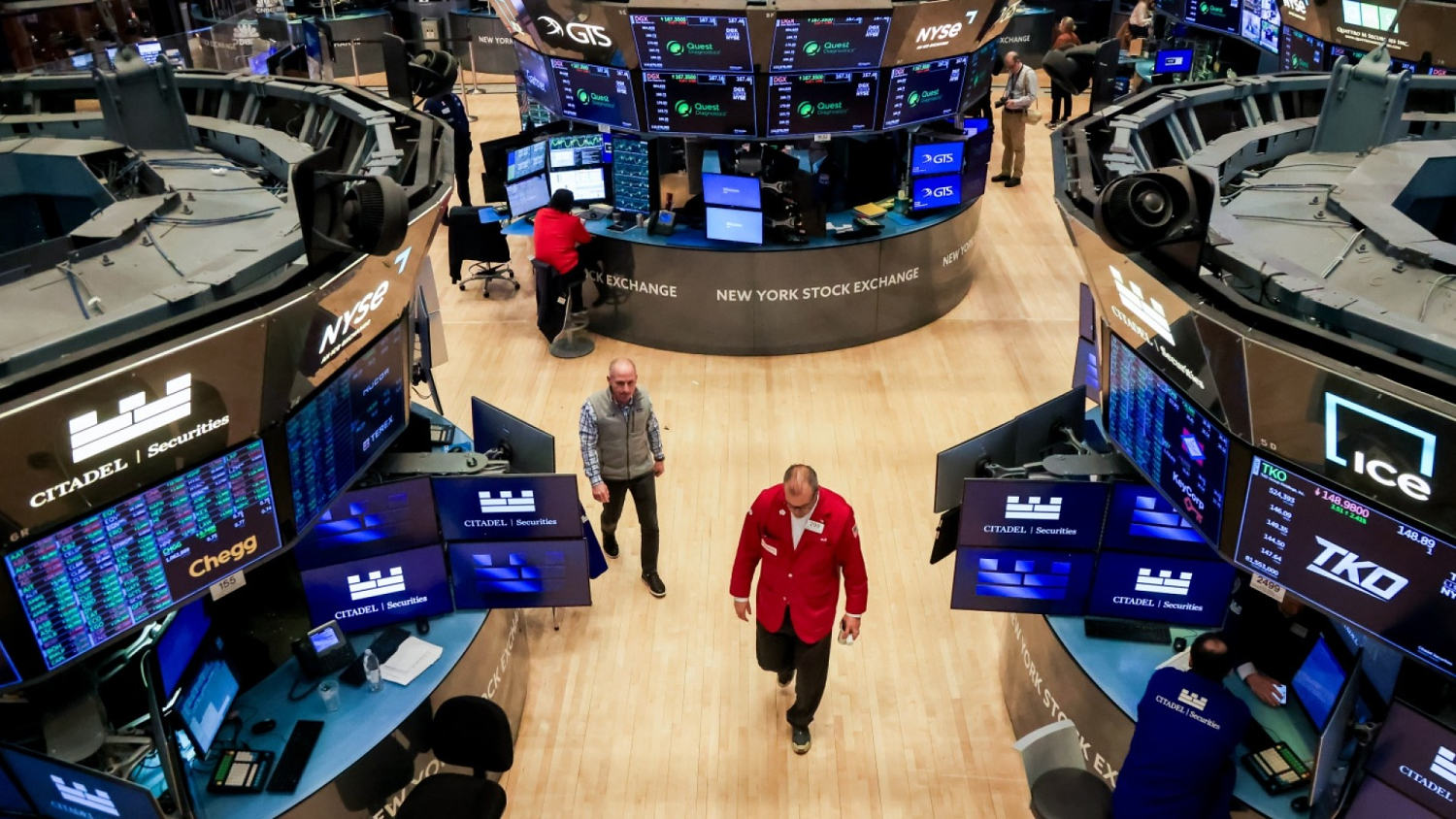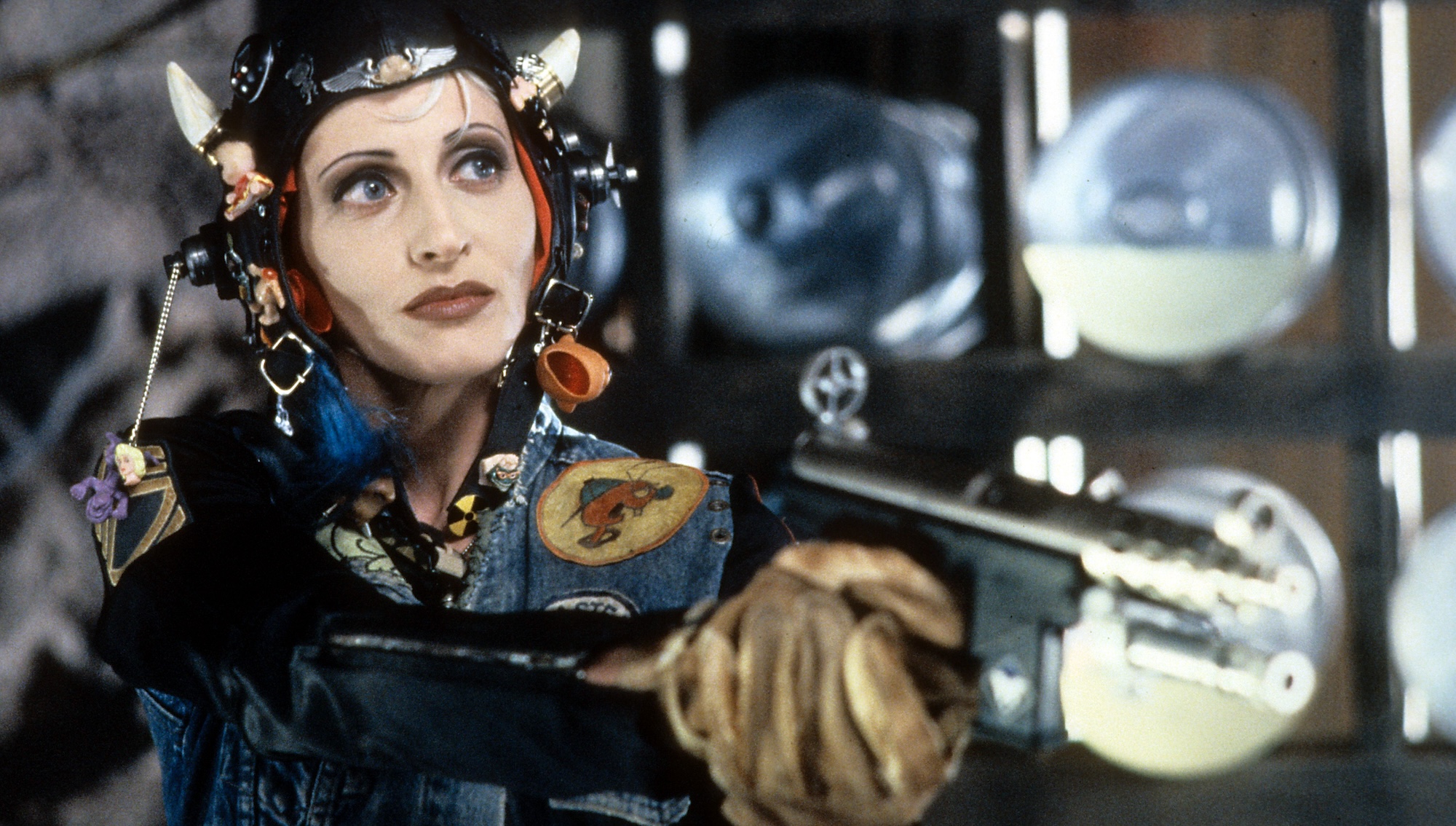In 1978, Superman made us believe a man could fly. But in 1989, Batman made movie studios believe that comic book stories as a genre unto themselves could be profitable. In the shadow of Batman’s big payday, Hollywood gave the greenlight to material that they would previously ignore. While that IP-hunt certainly proved profitable for […]
The post The Weird Comic Book Movies of the 1990s (That Aren’t Batman & Robin) appeared first on Den of Geek.
Since 2002, John Cena embodied a mythos usually reserved for comic book characters. Now his wrestling retirement run has felt less like a farewell and more like the final act of a saga that has spanned across different timelines. It’s a significant event that challenges everyone who has been on this journey with him to appreciate everything he’s done and who he was for the business of professional wrestling as WWE continues to reinvent itself.
What makes the timing interesting is the irony of Cena closing the door on his run as WWE’s enduring superhero, while having begun a new start as another one in an entirely new universe. When James Gunn cast the wrestler as Chris Smith a.k.a. Peacemaker in The Suicide Squad, he placed Cena in a role that he was already prepared for. That’s because his career mirrored the very person that he was tasked to portray. He embodied the same duality and complexity in the WWE that Peacemaker carries in the DC Universe.
Cena’s on-screen evolution in Hollywood became a reinforcement of what wrestling was already writing about him out in the open. In WWE’s case, it was him holding up the company on his back when legacy fans were turning away from the product. For DC, it’s Christopher Smith’s pursuit of justice by any means that led him to reach absolution. And like WWE, James Gunn saw something in Cena’s ability to be a main character as he sought to rewrite the perception of DC, helping turn Cena into the kind of critically-acclaimed actor that had been just out of reach as he pursued Hollywood.
Peacemaker’s contradictions, his earnestness and sincerity that collides with violence and absurdity is the very paradox that defined Cena’s in-ring career. His retirement run and Peacemaker trajectory aren’t separate stories. They are the same legend told in different mediums. He was the WWE’s misunderstood hero and is now the DC Universe’s misunderstood hero too. Both have an origin story. Cena’s began a few short years after the world entered into the year 2000 in a squared-circle.
The New Millenium’s Superhero
The wrestling industry is as fickle as the careers inside of it. Stars can rise or vanish almost overnight. Cena’s debut in June 2002 against Kurt Angle could have been pulled directly from the splash page of a graphic novel. Fans watched a confident rookie shout “ruthless aggression” before putting on a now-legendary match with one of the company’s most decorated performers. It was a dynamic introduction, but nobody could have predicted that Cena would become the company’s most notable standard-bearer for the next two decades, even if this moment all but signaled their belief in him.
What made his arrival more poignant was its timing. That debut came less than a year after the September 11 attacks, a moment when wrestling, like much of the United States, was searching for optimism and a renewed sense of national spirit. WWE leaned heavily on patriotic storytelling throughout 2001 and 2002 and is famously known as the first public gathering broadcast after the attacks. However, with tragedy looming over the country as a whole, the search for a new and fresh face that could transform into their vessel of American resilience.
Cena fit that mold and his cleancut look would be paired with a military salute, the mantra of “Hustle, Loyalty, Respect” that reflected the core values of America, and was presented as an underdog who would, “Never Give Up.” He also frequently started wearing camouflage gear and was booked in roles that cast him as the face of American perseverance. In many ways, he was looked to as WWE’s soldier for the company. He was a direct contrast of the dying Attitude Era when the company wanted to tone down their edge in the midst of crisis and rebrand into a company that was centered around stability and hope through a main character.
To this day, Cena is still the gravitational center of WWE. He survived shifts in leadership, cultural changes, and fan rebellions, carrying the company on his back during its most fragile transitions. He was always their lightning rod, their anchor, and much more than a reliable hand. He was the hand.
Cena’s retirement arc supersedes nostalgia. It is a resolution. It reads like the last issue of a long-running comic book, where every single moment suddenly connects as one. Thi
Recommended Story For You :

Now Anyone Can Learn Piano or Keyboard

Before you spend a dime on tattoo removal you need to know something VERY important.

You can train your voice and become a brilliant singer!

Learn to Draw like a Master Artist

The World’s Largest Collection of Tattoo Designs Beautiful Designs

Turn up your speakers get ready for some epic guitar

While You Sit back & relax & and let AI do the heavy lifting for you.

ukulele lessons for beginners

You Too Can Use Mentalism Effects & Magic Tricks To IMPRESS Anyone...

The Commercial Hooks Beat Pack
Related Posts

Technical Analysis: 4 Stocks with signs of death crossovers to keep an eye on

HDFC Bank & 3 other fundamentally strong stocks trading above 200 DMA to keep an eye on

Falling Channel Breakout: Multibagger NBFC Stock Shows Bullish Momentum on Daily Chart

4 Fundamentally strong stocks to buy for an upside potential of up to 36%; Do you hold any?

